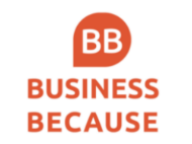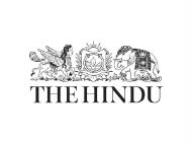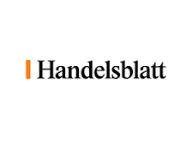Faculty News
—
Professors Alixandra Barasch and Tulin Erdem offer commentary in a story on Facebook's decision to air its first-ever Super Bowl ad
—

Excerpt from The Washington Post -- “'There's nothing safer than 'We bring people together, we allow people to communicate,' said Alixandra Barasch, an assistant marketing professor at New York University Stern School of Business. 'It definitely can backfire,' Tulin Erdem, a Leonard N. Stern Professor of Business at New York University, told me."
Faculty News
—

Excerpt from The Washington Post -- “'There's nothing safer than 'We bring people together, we allow people to communicate,' said Alixandra Barasch, an assistant marketing professor at New York University Stern School of Business. 'It definitely can backfire,' Tulin Erdem, a Leonard N. Stern Professor of Business at New York University, told me."























